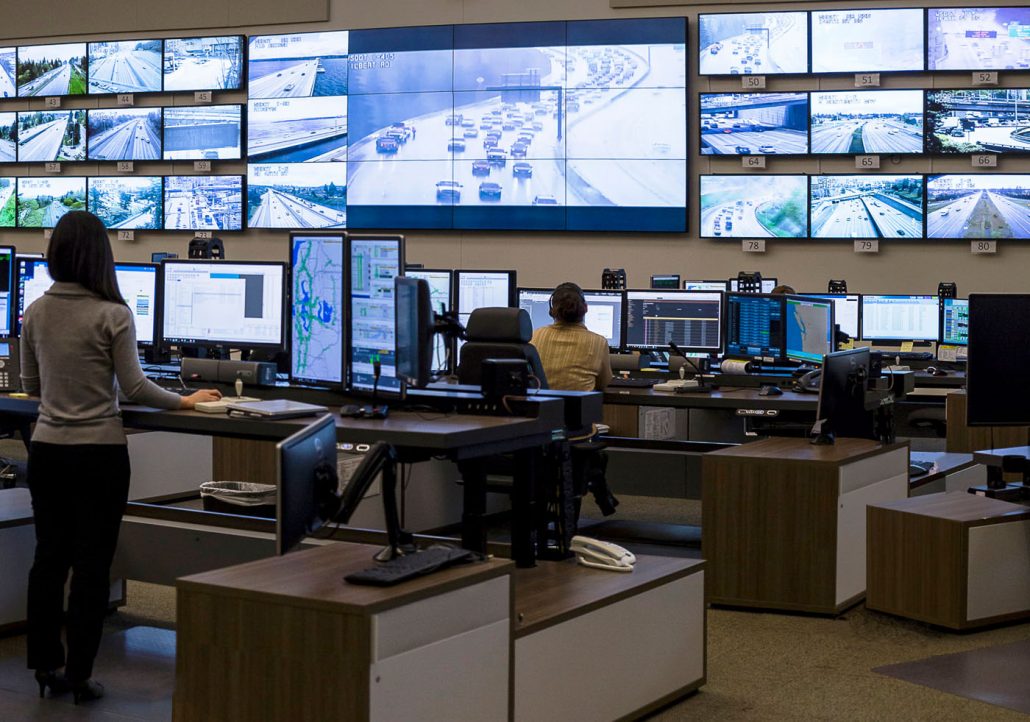Clark County Sheriff Kevin McMahill is making it his mission to tackle the alarming traffic safety crisis in Nevada. With the state's traffic-related fatalities continuing to reach devastating levels, McMahill is taking a bold stand by advocating for measures that incorporate innovative technology and stricter legal consequences. A vocal champion for public safety, McMahill is spearheading efforts to improve road safety, with a particular focus on Senate Bill 415—a proposal to install red light traffic cameras at high-risk intersections. His unrelenting drive to save lives underscores the urgency of action in a state where preventable traffic deaths have become a grim and ongoing reality.
In 2024, Nevada saw a staggering 159 lives lost to traffic-related incidents. Astonishingly, the start of 2025 has already recorded 40 fatalities, intensifying the call for decisive solutions. For McMahill, these aren’t just numbers—they represent real people with families, friends, and futures cut short. The sheriff has openly voiced his frustration over the ongoing loss of life on Nevada's roads. "I’m tired of people dying," he stated bluntly, marking his commitment to finding solutions to this crisis. For him, this battle isn’t just part of his job; it’s personal.
In his effort to address this public safety issue head-on, McMahill views technology as an essential weapon in this fight. Red light cameras, he believes, could prove instrumental in reducing accidents caused by reckless behaviors such as running red lights. Under Senate Bill 415, these cameras would be placed in areas known for high crash rates or in locations where traditional traffic enforcement has failed to be effective. McMahill and other proponents point to the fact that these cameras have been successful in curbing risky driving behaviors in other states, leading to safer roads and fewer fatalities.
The debate around red light cameras is not without controversy. Privacy advocates have raised concerns about potential surveillance overreach, while others question the true intentions behind traffic cameras—arguing whether they prioritize safety over revenue generation for municipalities or contractors. Despite such resistance, McMahill remains unshaken. To him, the moral imperative of saving lives far outweighs the objections raised by critics. "I’m tired of dealing with people dying in car wrecks," McMahill reiterated, sending a strong message that his priority remains firmly rooted in public safety.
In addition to pushing for red light cameras, McMahill is also addressing another critical factor contributing to Nevada’s road fatalities—driving under the influence (DUI). He has taken issue with what he describes as the overly lenient penalties for DUI offenders, arguing that the current legal framework fails to hold individuals accountable for actions that endanger lives. McMahill is advocating for harsher consequences for DUI offenders, especially repeat offenders and those involved in accidents resulting in fatalities. In his view, harsher penalties could include treating cases involving fatal DUIs as murder, sending a clear message about the severity of driving under the influence.
McMahill’s multi-faceted approach to tackling Nevada’s traffic safety issues underscores his sense of urgency. He believes that a combination of advanced technologies like red light cameras, tougher DUI laws, and increased public awareness can significantly reduce the number of preventable deaths on the state’s roads. "We have to use every tool at our disposal," McMahill emphasized, highlighting his willingness to explore all avenues to improve public safety.
The proposal set forth by Senate Bill 415 has the potential to reignite the ongoing debate about balancing public safety with privacy concerns. However, McMahill remains resolute, firmly asserting that the lives saved through these measures far outweigh the potential drawbacks. For him, the primary goal behind installing red light cameras isn’t about generating municipal revenue—it is about reducing crashes, injuries, and, ultimately, fatalities. As someone deeply invested in the well-being of Nevada's communities, McMahill views inaction as unacceptable given the current crisis.
The issue of traffic safety in Nevada demands comprehensive and collaborative solutions. It’s a challenge that requires updated laws, public buy-in, and determined leadership. McMahill’s steadfast advocacy for red light cameras and more stringent DUI penalties underscores his dedication to achieving those goals. As he prepares to testify before lawmakers in support of Senate Bill 415, his message is clear: enough is enough. Nevada must act now to make its roads safer for all. By embracing innovation and enacting stricter enforcement policies, McMahill hopes to create a future where preventable traffic fatalities become a thing of the past. For the sheriff and those aligned with his mission, the cost of doing nothing is simply too high.
